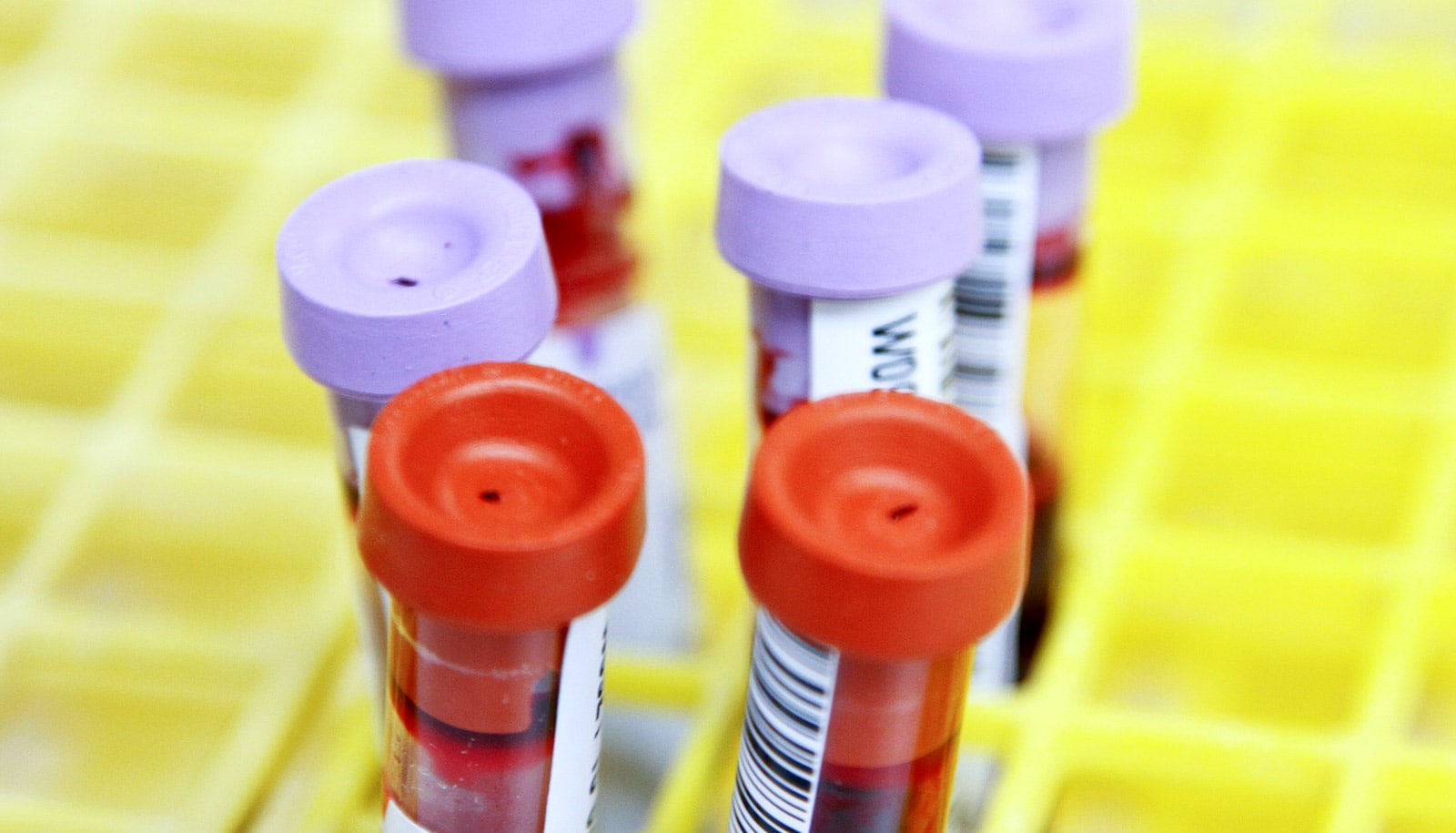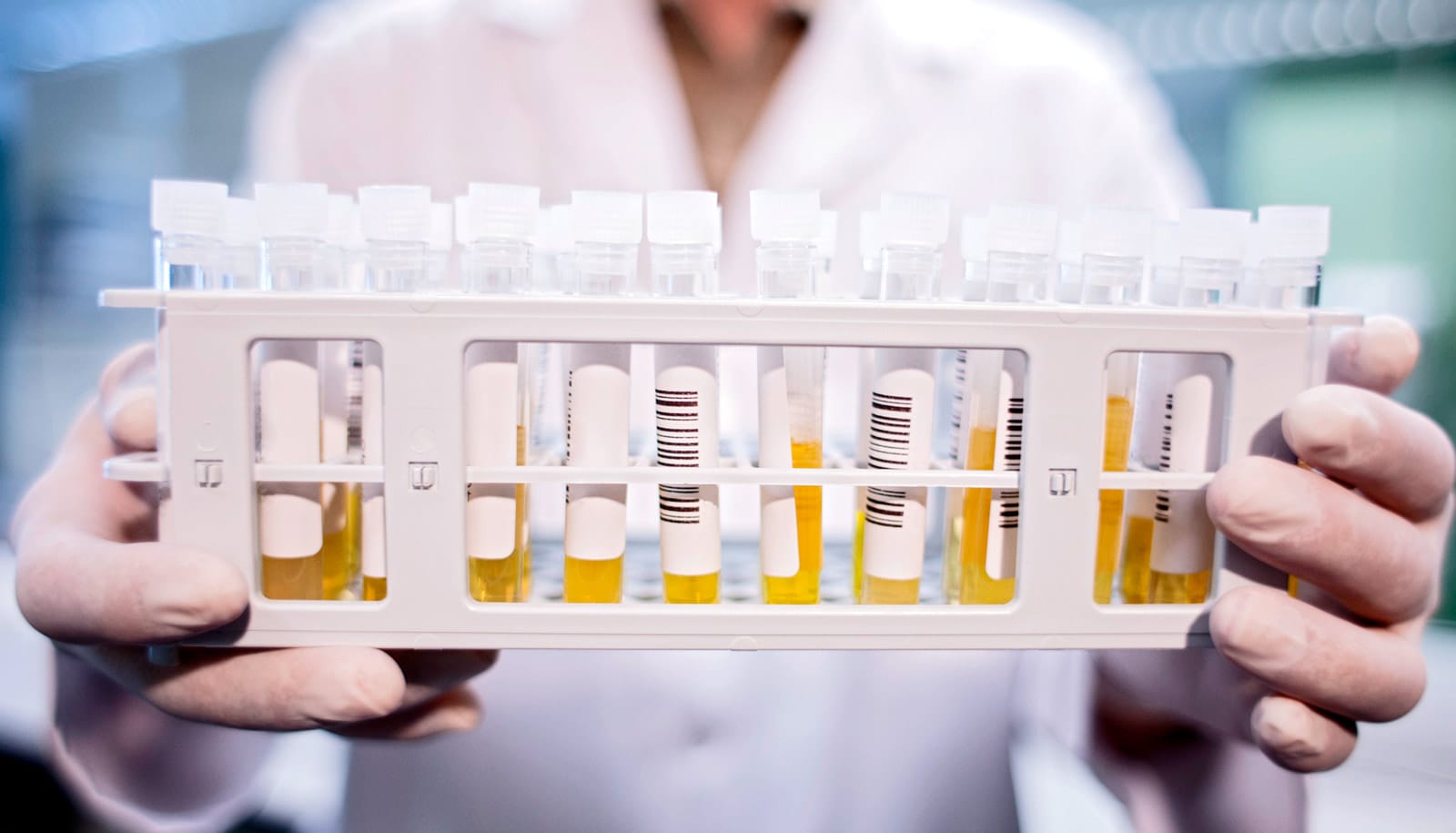
"What is clear is that only a small percentage of adult Canadians has been infected by SARS-CoV-2," Catherine Hankins says. (Credit: NCI/Unsplash )
1 in 100 blood donations in Canada have SARS-CoV-2 antibodies
Fewer than 1% of the 10,000 samples from Canadian blood donors tested positive for antibodies to the novel coronavirus, initial results show.
Fewer than 1 in 100 blood donations in Canada have antibodies to the novel coronavirus that causes COVID-19, initial reports show.
Canadian Blood Services and Canada’s COVID-19 Immunity Task Force (CITF) released these initial results of the first 10,000 blood donor samples assessed for SARS-CoV-2 antibodies .
This analysis reveals that over the period May 9 through June 8, 2020, fewer than 1% of the 10,000 samples from blood donors tested positive for antibodies to the novel coronavirus. Antibodies indicate past infection with SARS-CoV-2, and population studies like this one tell us how many people have likely been exposed to the virus.
“By far, the majority of us remain vulnerable to infection.”
These results offer a first, high-level glimpse into an ongoing Canadian Blood Services study assessing SARS-CoV-2 antibodies across nine provinces. They will be updated once Canadian Blood Services completes their analysis of the full sample of 37,800 donations made during the months of May and June 2020. In addition, Héma-Québec will have results for Quebec in the near future, which will be important for a complete national picture, given the COVID-19 rates in that province.
While there will be adjustments to this initial figure once the full 10-province study is completed in the coming weeks, professor Catherine Hankins, CITF co-chair, believes its implications bear public attention immediately, as reopening is causing a worrisome uptick in COVID-19 cases across Canada.
“What is clear is that only a small percentage of adult Canadians has been infected by SARS-CoV-2,” Hankins says. “By far, the majority of us remain vulnerable to infection. We need to ramp up testing and tracing capacity across the country to interrupt any chains of transmission quickly to prevent unchecked spread.”
CITF co-chair professor David Naylor agrees: “These data suggest there are several undetected infections for every case confirmed with swabs and RNA tests. That lends weight to current public health advice. Please wear a mask in public indoor spaces, wash your hands often, and practice physical distancing if you’re around people who aren’t in your COVID-19 ‘bubble.'”
Acknowledging that many more adult Canadians are infected than currently documented, professor Timothy Evans, executive director of CITF, cautions against over-interpreting the apparent reduction in risk.
“Among adults, the death rate from being infected with SARS-CoV-2 is likely closer to 1%, as compared to the 8% reported to date among those diagnosed with COVID-19. But this is a highly infective virus that could take a huge toll if we allow it to spread, and we are only now learning that many survivors have persistent symptoms.”
These initial results from Canadian Blood Services and CITF are a first step toward giving policymakers a deeper understanding of the COVID-19 infection rate across Canada. As further samples are analyzed by Canadian Blood Services and Héma-Québec, the findings will offer new insights to help guide effective public health measures.
When the Government of Canada established CITF in late April 2020, Canadian Blood Services and Héma-Québec reached out to offer their assistance. Canada’s blood system became the first place the initiative looked for evidence of infection and immunity in the Canadian population.
The choice was obvious. Blood donation centers are a rapid and reliable resource for generating insights into the patterns of illness, such as COVID-19, in the broader population. Canadian Blood Services and Héma-Québec routinely test blood donations, including tests for pathogens that can be transmitted through transfusion (SARS-CoV2 is not known to be transfusion-transmitted).
Source: McGill University
The post 1 in 100 blood donations in Canada have SARS-CoV-2 antibodies appeared first on Futurity .
Share this article:
This article uses material from the Futurity article, and is licenced under a CC BY-SA 4.0 International License. Images, videos and audio are available under their respective licenses.
Related Articles:
Can blood serum from COVID-19 survivors save others?
March 17, 2020 • futurityForest loss makes diseases like COVID-19 more likely
April 9, 2020 • futurityLinks/images:
- http://www.blood.ca/
- http://www.covid19immunitytaskforce.ca/
- https://www.futurity.org/covid-19-antibodies-2371972/
- https://www.futurity.org/blood-donation-men-who-have-sex-with-men-2357872-2/
- https://www.futurity.org/self-swab-covid-19-tests-2387412/
- https://www.mcgill.ca/newsroom/channels/news/new-study-offers-first-glimpse-how-widespread-covid-19-antibodies-are-canadas-adult-population-323356
- https://www.futurity.org/canada-antibodies-covid-19-2410732-2/
- https://www.futurity.org


